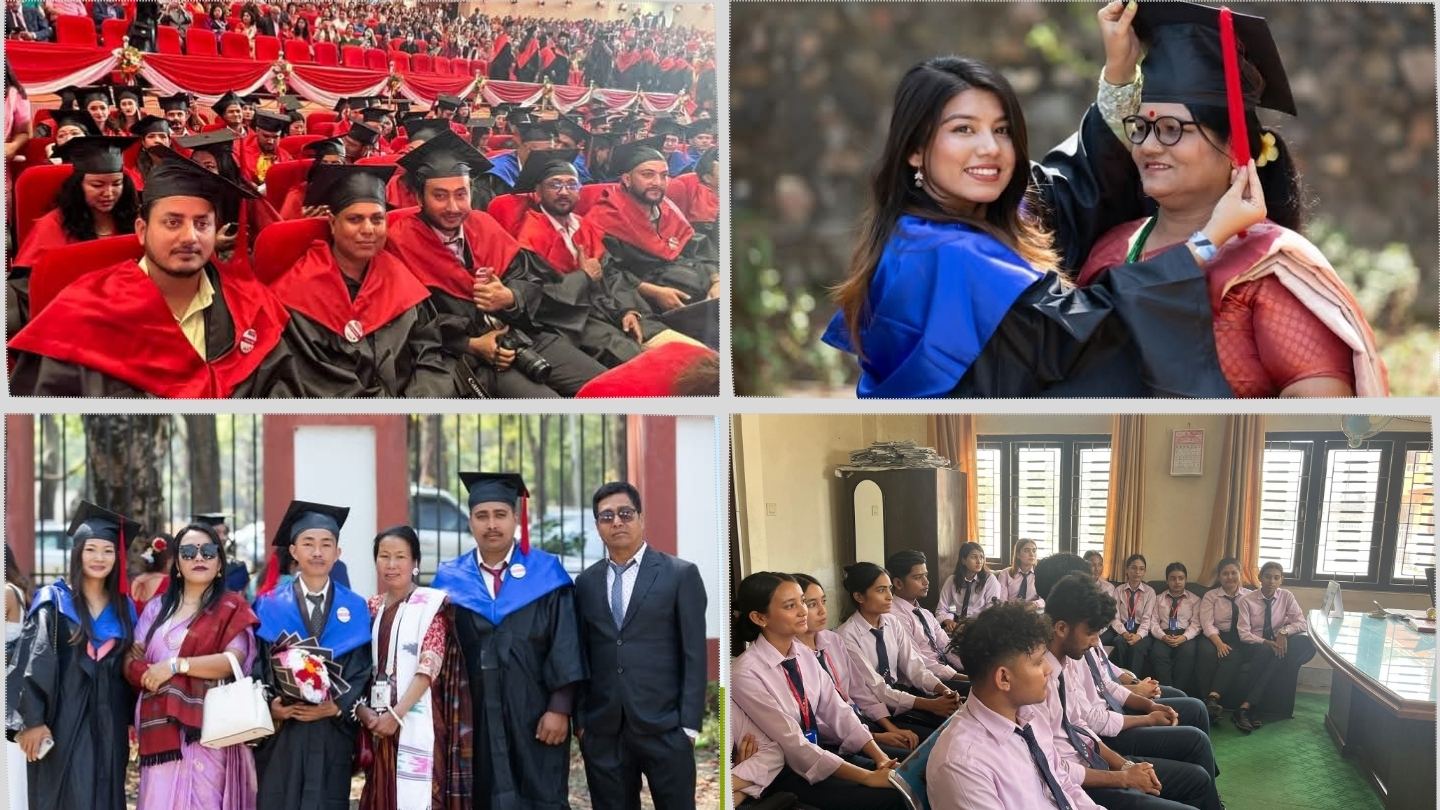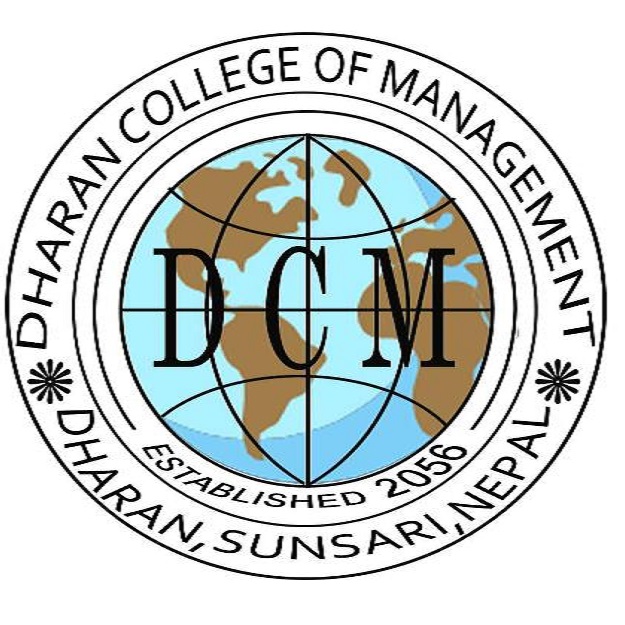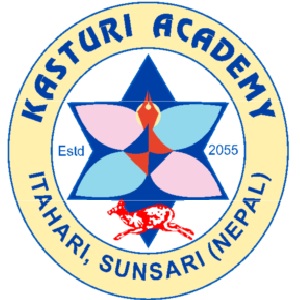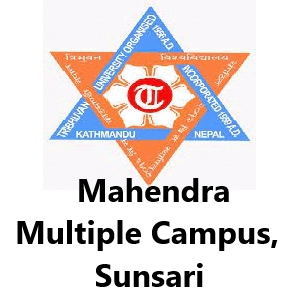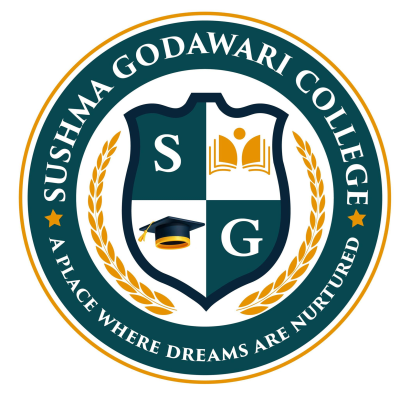Overview
Green Peace Lincoln College (GPLC) is a private higher education institution in Dipendra Chowk, Itahari, Sunsari, Koshi Province, Nepal. Established in 2014 (2071 BS), it runs BBA (Hons), BIT, and MBA programs under the affiliation of Lincoln University College (LUC), Malaysia.
Overview
GPLC was founded by a team of educationists to expand access to undergraduate and postgraduate study in management and information technology. The campus is about 500 meters from Itahari’s main chowk, with public and private transport links nearby.
Programs follow LUC’s academic framework. Students learn through classes, assignments, projects, presentations, and research tasks. Internal evaluation combines with end-term examinations as prescribed by the university.
Quick Highlights
-
Year of establishment: 2014 (2071 BS)
-
Location: Dipendra Chowk, Itahari, Sunsari, Koshi Province
-
Ownership: Private
-
Affiliation: Lincoln University College (Malaysia)
-
Programs: BBA (Hons), BIT, MBA
-
Streams: Management, Information Technology, Business Administration
-
Evaluation: Internal assessment plus semester-end exams under LUC
-
Opportunities: Internships, guest sessions, workshops, and project work
-
Credit transfer and equivalence: Reported by the college; always confirm with the receiving institution or authority
Academic Programs Offered
BBA (Hons)
Duration: 4 years, 8 semesters
Entry: Grade 12 or equivalent from a recognized board (as per current policy)
Focus: Core business foundations in the first half of the degree, with advanced functional courses and a capstone research or internship project in later semesters.
Areas covered (indicative): Principles of Management, Accounting, Micro/Macroeconomics, Marketing, HRM, Business Law, Quantitative Methods, MIS, Organizational Behavior, Consumer Behavior, Project Management, Strategic Management, Innovation-related topics, Retail/Event Management, Research Methods, and an internship or thesis-style project.
Learning and assessment: Classwork, presentations, quizzes, assignments, and final examinations. Internal assessment carries weight as per the LUC syllabus and college policy.
Pathways: Roles in banking and financial services, marketing and sales, operations, consulting, entrepreneurship, and general management. Individual outcomes vary with performance, experience, and market conditions.
BIT
Duration: 4 years, 8 semesters
Entry: Grade 12 or equivalent (as per current policy)
Focus: Core computing knowledge, applied software skills, systems understanding, and project work.
Areas covered (indicative): Programming (C/Java), Data Structures and Algorithms, Computer Networks, Database Systems, Operating Systems, Web Technologies, Software Engineering, Systems Analysis and Design, Information Security, Cryptography, Cloud Computing, Mobile Computing, research methods, professional ethics, and final-year project/internship.
Learning and assessment: Lectures, lab-based tasks, presentations, assignments, and exams. Research and project components help students build a portfolio of work.
Pathways: Software developer, systems analyst, network/systems administrator, cybersecurity analyst, IT consultant, project coordinator/manager, or data analyst. Prospects depend on skills and experience.
MBA
Duration: 2 years, 4 semesters
Entry: Bachelor’s degree from a recognized university (as per current policy)
Focus: Advanced knowledge in core business areas, elective depth, internship exposure, and a graduate research project.
Illustrative structure:
-
Year 1: Accounting & Finance, Business Economics, HRM, Managerial Communication, Business Environment Analysis; Research Methodology, Operations, Marketing, Organizational Behavior, and a minor in Consumer Behavior.
-
Year 2: Strategy; electives such as Financial Management, Entrepreneurship, Sales & Promotions, and International Business; internship; Data Management; Business Ethics; Graduate Research Project.
Pathways: Mid-level roles in banking, insurance, manufacturing, services, trading, NGOs/INGOs, and startups. Outcomes depend on performance, experience, and sector needs.
Admission Process
1) Eligibility
-
BBA/BIT: Grade 12 or equivalent from a recognized board. Any subject stream may apply unless the most recent policy states otherwise.
-
MBA: Bachelor’s degree in any discipline meeting the minimum criteria set by LUC and the college.
2) Application
-
Application form with recent photographs and ID
-
Academic transcripts, character certificate, and relevant supporting documents
-
Equivalence certificate for non-Nepali boards, if required
3) Screening
-
Review of documents and academic record
-
Interview or counseling session (as per program needs)
-
Offer letter or provisional admission after verification
4) Enrollment
-
Fee payment as per current schedule
-
Orientation on classes, evaluation, attendance, and code of conduct
Note on credit transfer and equivalence:
The college reports credit transfer opportunities and equivalence claims for certain programs. Always secure written confirmation from the receiving university or the TU Equivalence Division before making decisions.
Teaching Faculty and Learning Methodology
GPLC states that it employs qualified faculty with academic and industry experience. Teaching combines explanation, guided practice, and collaborative work. Reported methods include:
-
Coursework and written assignments
-
Audio-visual sessions and demonstrations
-
Quizzes and short tests
-
Presentations, talk programs, and panel interactions
-
Group and peer discussions
-
Guest lectures and information sessions
-
Workshops, field visits, and study tours (as per course need)
-
Conferences, seminars, and article/journal reviews
-
Training and development activities
-
Report writing, term papers, and case analysis
-
Research and project-based work
-
Thesis/dissertation where applicable
Internal evaluation contributes to grades alongside university examinations.
Infrastructure and Learning Facilities
The campus setting is slightly away from the busiest section of Itahari, which helps classroom focus while keeping city access. Facilities, as reported, include:
-
Classrooms with multimedia support
-
Computer labs and internet access for coursework and BIT classes
-
Library resources aligned with syllabi and reference needs
-
Seminar spaces for talks, workshops, and small conferences
-
Administrative help for admissions, documentation, and counseling
-
A published academic calendar with timelines for classes and evaluations
Prospective students should visit to see current facilities, hours of operation, and service levels. Infrastructure may change across academic years.
Student Life and Campus Experience
Students follow a set routine centered on classes, assignments, and project milestones. Typical weekly flow includes:
-
Regular classes and tutorials
-
Presentation and discussion forums
-
Faculty office hours for academic support
-
Group tasks and research work
-
Invited speaker sessions when scheduled
Accommodation, transport, and part-time work are managed individually. The college office can guide students toward local housing options and transit information.
Extracurricular Activities (ECA)
Activities that support personal and professional growth include:
-
Student clubs and interest groups related to business, IT, and community work
-
Events such as case discussions, coding sessions, business plan sharing, and seminars
-
Sports and cultural programs as per the calendar
-
Festival and outreach events with local stakeholders
Participation helps students build communication, teamwork, planning, and presentation skills.
Scholarships and Financial Support
GPLC reports several support options under institutional rules. Categories may include:
-
Merit-based awards tied to Grade 12 results or semester GPA
-
Need-based support assessed through documentation
-
Special categories as per prevailing rules
-
External schemes offered by government or private bodies
Applicants should review the latest notice for criteria, documents required, and deadlines. Keep copies of all approvals for records and audit.
Achievements and Institutional Milestones
-
2014: Establishment in Dipendra Chowk, Itahari
-
Launch of BBA (Hons) and BIT under LUC affiliation
-
Introduction of the MBA program
-
Ongoing guest sessions, industry talks, and internship placement efforts
-
Reported student internships in Nepal and, where available, with partners linked through the LUC network
Information about LUC’s approvals and listings appears on official channels and ranking sites that update periodically. Always verify current status on the LUC website and recognized ranking providers before relying on specific year placements.
Why Choose This Institution?
Students who prefer an international affiliation and a structured syllabus may find GPLC suitable for these reasons:
-
Affiliation with LUC (Malaysia): Programs run under an international university framework
-
Program choice across levels: BBA (Hons), BIT, and MBA on one campus
-
Active coursework: Assignments, projects, presentations, and research tasks
-
Internship exposure: Opportunities as per program and availability
-
Location: Near Itahari’s main chowk but in a relatively calm setting
-
Guidance and paperwork support: Admission help, documentation, and counseling
Selection should follow a campus visit, syllabus review, and direct discussion with faculty or program leads. Confirm recognition, equivalence, and transfer rules relevant to your plans.
Conclusion
Green Peace Lincoln College serves students in management, information technology, and business administration under the affiliation of Lincoln University College, Malaysia. Teaching combines classroom learning with assignments, projects, presentations, and research. Students can access talks, workshops, and internships as scheduled in the academic calendar.
Before enrolling, compare syllabi, evaluation policies, scholarship rules, and support services with your goals. Verify credit transfer, recognition, and equivalence in writing. A campus visit, along with conversations with faculty and the administration, will help you decide if GPLC is a fit for your academic interests and future plans.


